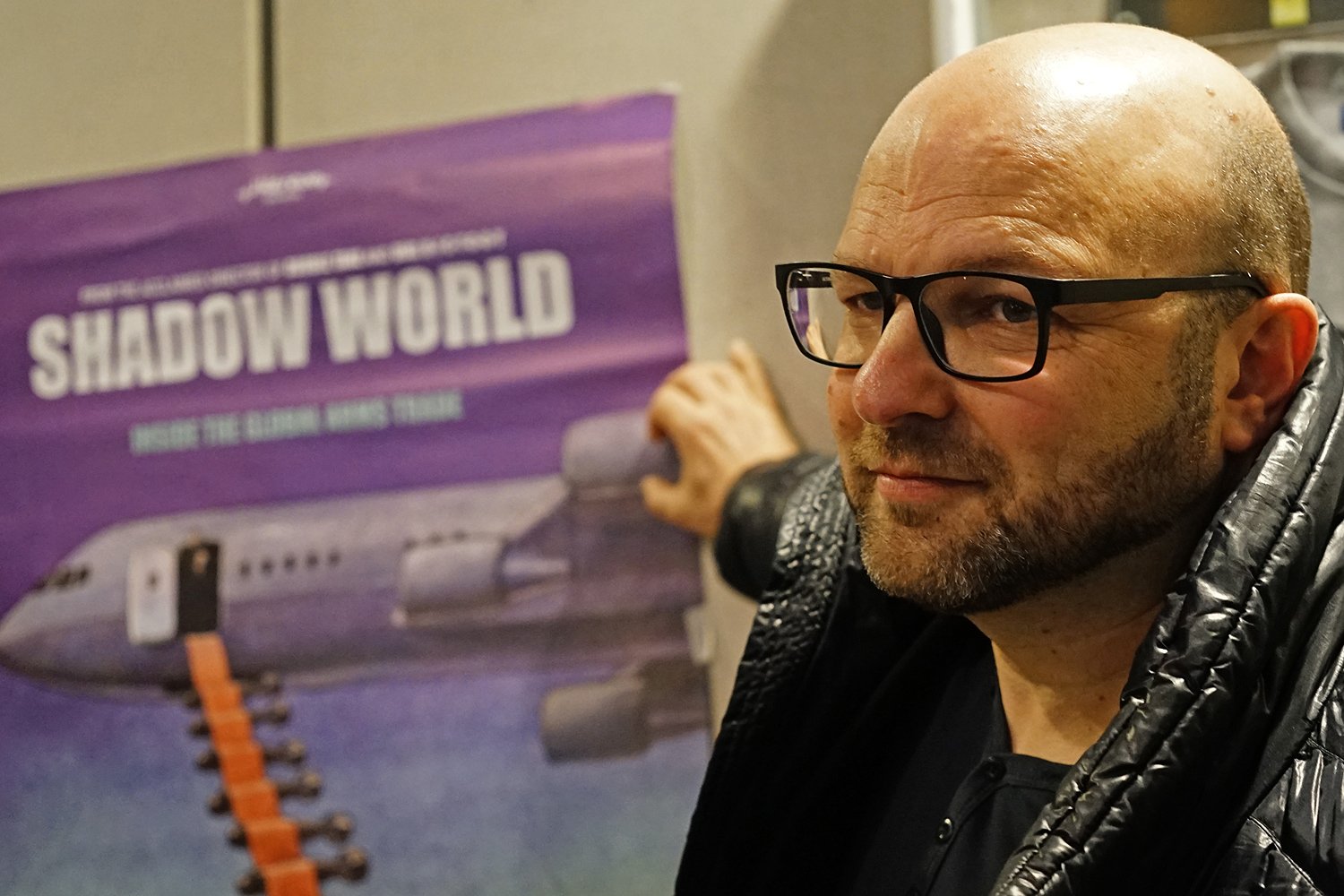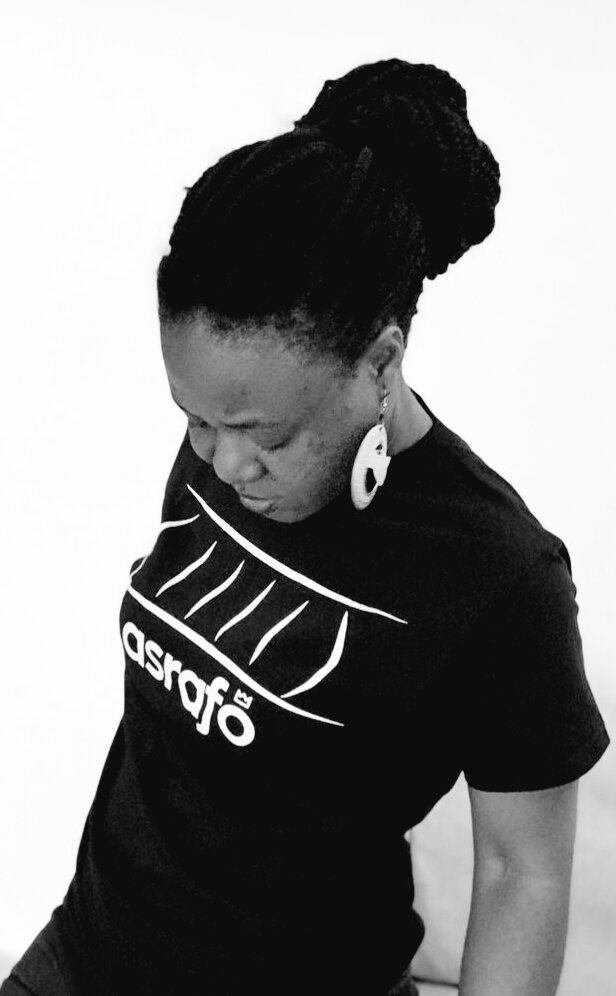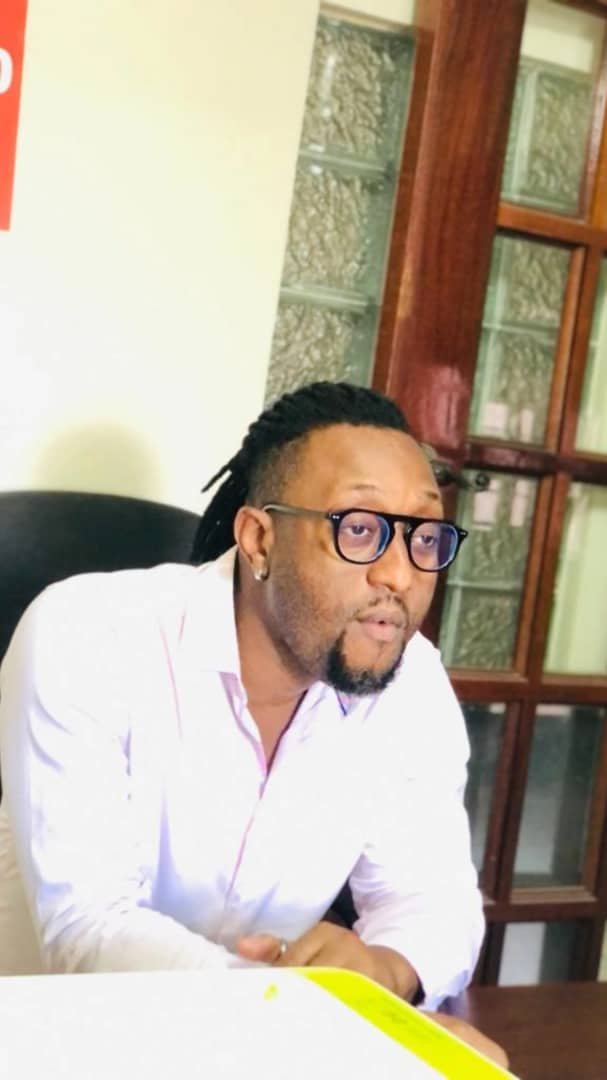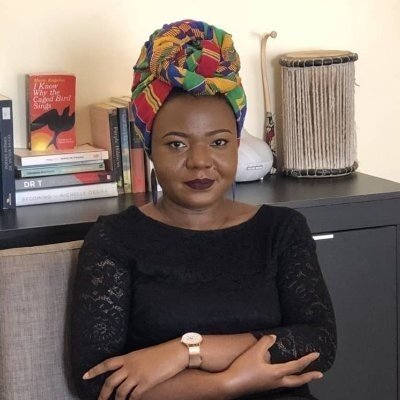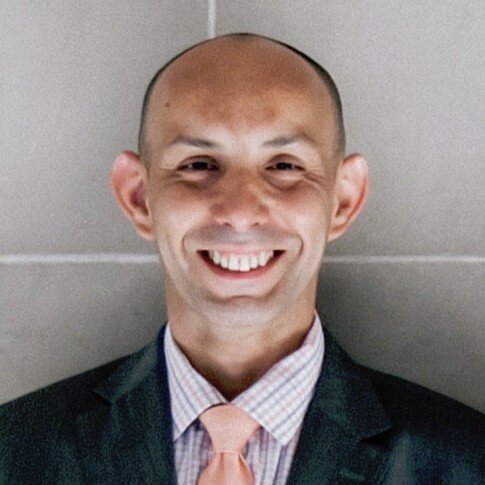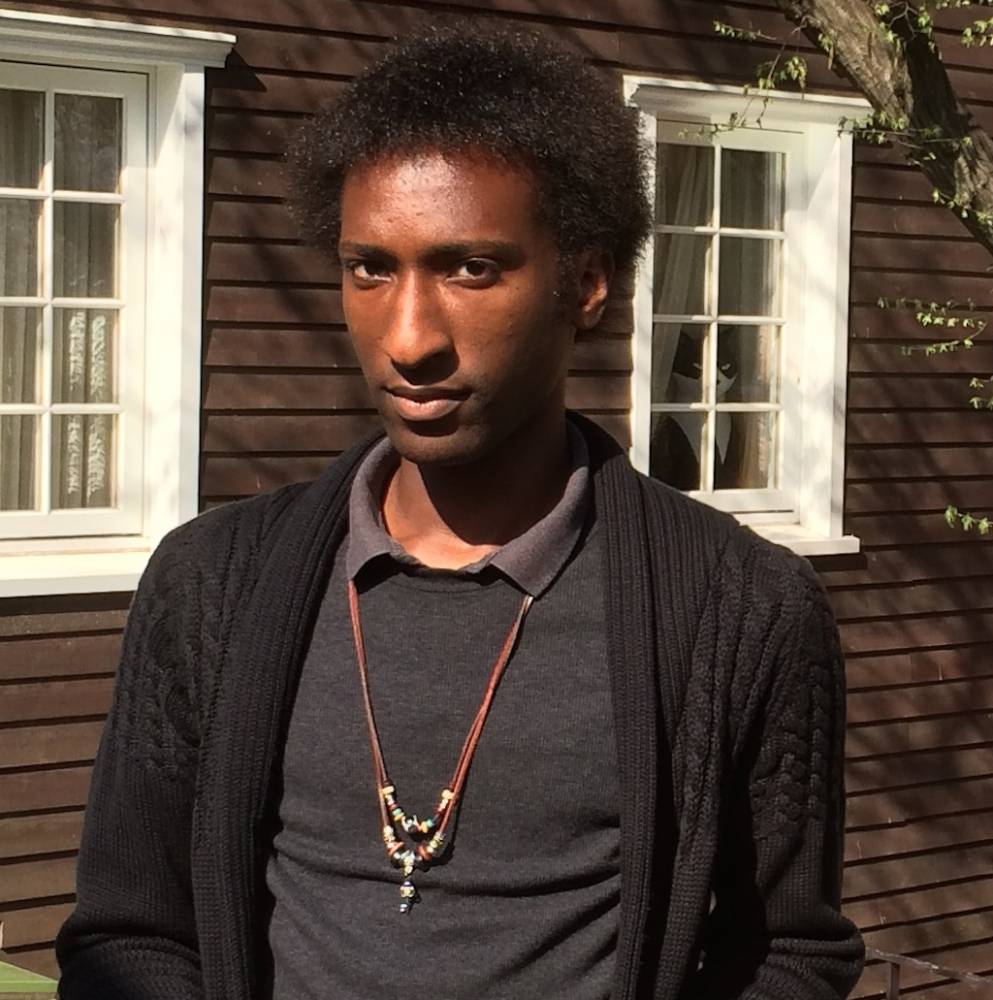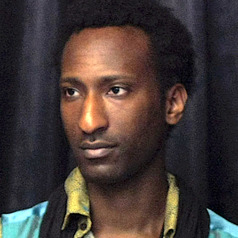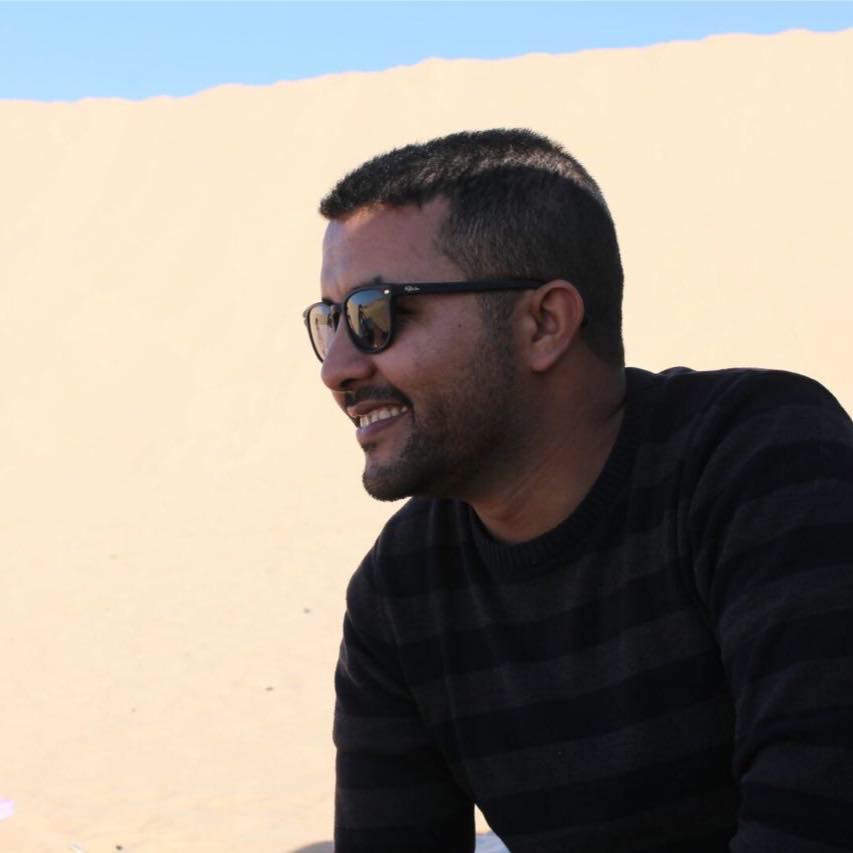While the global arms industry may only account for about one percent of global trade, it’s important to note what that one percent actually buys. Beyond the price tags on the weapons themselves, arms and arms sales have a tremendous impact on all other aspects of global trade, and on relations between trade partners and competitors.
This week's episode is a collaboration between journalist Paul Cochrane and Latitude Adjustment Podcast.
Our guest, Andrew Feinstein, is the author of the best-selling book, "The Shadow World: Inside the Global Arms Trade", published in 2011. In his review Noam Chomsky writes, "This shocking expose unveils a shadow world of corruption, greed, slaughter, and other horrors, tawdry and gruesome in its criminality. It must be brought to a quick and final end".
Shadow World was turned into an award winning documentary film, premiering at the Tribeca Film Festival in 2016.
Andrew currently resides in the UK with his wife and children, and much of his current work is focused on Shadow World Investigations, an investigative news website focused on global corruption, often involving, but not limited to, the global arms trade.

